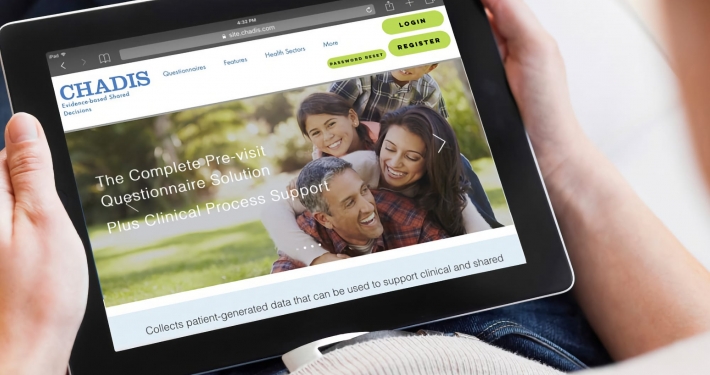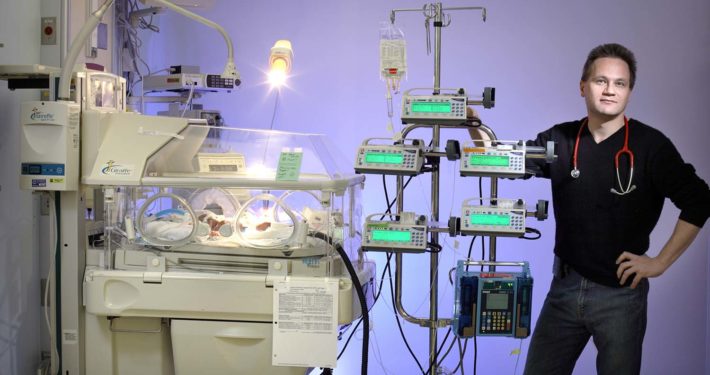Dr. Jen O’Bryan has been practicing independent pediatrics since 2005. She sheds light on the challenges and rewards of independent practice, the power of community-based pediatrics, and how to navigate a shifting healthcare landscape.
How can pediatricians effectively care for their patients' rising mental health needs without burning out themselves? This pressing question weighs heavily on the minds of pediatricians across the country. In the state of Texas, two dedicated pediatricians have reflected on the strategies they've implemented to ensure their independent practices function as safe and secure medical homes, providing care for children's physical and mental well-being. By sharing their insights, these pediatricians shed light on the importance of prioritizing mental health within the field of pediatrics.
Increasingly, families are looking to pediatricians for education on how to create healthy boundaries around digital media use. What do families and pediatricians need to know in order to support kids in practicing online safety? What is online safety, and what does it look like in practice? Marissa Maldonado, CEO of Proda Technology, speaks to these questions and shares her thoughts on starting generative conversations at home with children of any age, as both an IT professional and a parent.
The Women in Pediatrics Retreat was founded by Katrina Skinner, MD, FAAP, an independent pediatrician who runs her own practice in Fairhope, AL. While skill-building is certainly part of this event, Women in Pediatrics prioritizes creating a space where women pediatricians can connect, practice vulnerability, and walk away with a newfound sense of confidence and self-compassion.
In the wake of the COVID-19 pandemic, the number of children in the United States presenting with an eating disorder skyrocketed. We talk to a range of eating disorder experts across the country about what they’ve seen over the past three years and how pediatricians are critical partners in both treating patients and advocating for improvements to the system.
The overturning of Roe vs. Wade presents unique challenges for adolescents, from parental consent laws to mental health concerns. Dr. Trish Hutchison and Dr. Melisa Holmes, founders of Girlology, speak to the cultural moment and the need for patient education in the face of political upheaval.
An expert in the field of early brain and child development, Dr. Colleen Kraft has in many ways helped to steer the conversation about how to best care for children who experience developmental differences like autism spectrum disorder. She is focused on an important message: Primary care pediatricians can and should be a driving force on the team caring for a child with ASD. They are key to getting kids into services as early as possible, which helps to improve outcomes.
Dr. Barbara Howard and Dr. Raymond Sturner have revolutionized how screening and early intervention unfolds in pediatric offices across the country through a web-based platform they developed called CHADIS, or the Child Health and Development Interactive System.
Three pediatricians discuss the positive and negative effects of social media, ways to support mental health, how to better serve youth impacted by the opioid epidemic, and more.
Several independent pediatricians offer their own stories and strategies to foster wellness and prevent burnout, a syndrome that affects over 40 percent of pediatricians nationally.
Dr. Michael Warner is passionate about improving the quality of healthcare through patient co-authorship of health information. That’s why he’s formed the nonprofit Patient Advocacy Initiatives and designed the Patient PreHistory tool.
What do you get when you bring a recovering academic with a passion for film into a pediatric practice? Nothing less than the perfect solution for Kids Plus Pediatrics' communication needs.
Ensure your patient experience is positive by following front desk best practice. Managing phone interruptions, practicing great customer service, and collecting payments promptly will keep your patients happy and your revenue cycle healthy.
Build an intelligent, user-driven electronic health record; advocate for physicians at the national policy level; promote interoperability—these are just a few of the aspirations driving research and development in Vanderbilt’s Department of Biomedical Informatics.
Deciding whether or not to pursue Patient-Centered Medical Home recognition requires a little homework. We'll help guide you through the process.
Vermont’s Dr. Richard “Mort” Wasserman, director of the Pediatric Research in Office Settings (PROS) Network from the American Academy of Pediatrics, explains how practices can use their own electronic health record data to conduct clinical and observational research aimed at improving care.
Susanne Madden, chief operating officer of the National Breastfeeding Center, leads a Q & A on how independent pediatricians can successfully add lactation services to their practices.



















